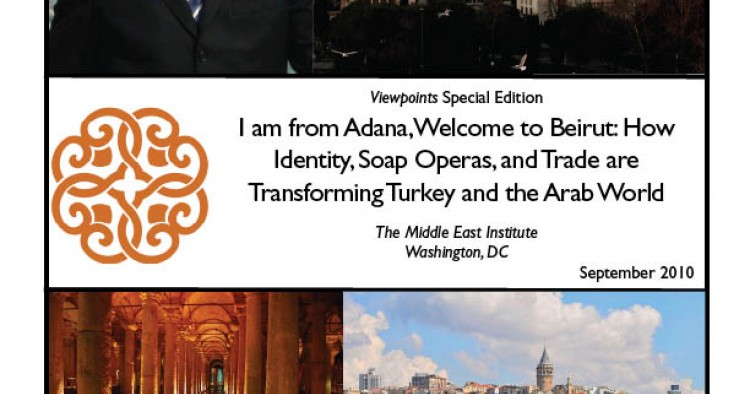Originally posted September 2010
The diplomatic confrontation between Israel and Turkey in the summer of 2010 over aid ships for Gaza brought into sharp relief Ankara’s new policy of engagement in the Middle East. For years, Turkey had seen itself principally as a part of Europe and had viewed Israel as its chief regional partner. In the eyes of many Turks, Arabs were both backward and traitorous people, whose revolt had hastened the collapse of the Ottoman Empire after World War I and who had supported Turkey’s regional enemies in the 20th century. For their part, many Arabs accused the Turks of having oppressed them during the Ottoman era and abandoning Islam after it. While many Arab states sided with Moscow during the Cold War, Turkey joined the North Atlantic Treaty Organization (NATO) and formed a strategic alliance with Washington. Since 2002, however, Ankara has integrated Turkey into regional economic and political structures, Arabs and Turks have rediscovered cultural ties, and bilateral trade and investment have expanded markedly. The essays presented in this edition of Viewpoints seek to explain why Turkey’s relations improved rapidly with the Arab world after 2002.
The Middle East Institute (MEI) is an independent, non-partisan, non-for-profit, educational organization. It does not engage in advocacy and its scholars’ opinions are their own. MEI welcomes financial donations, but retains sole editorial control over its work and its publications reflect only the authors’ views. For a listing of MEI donors, please click here.













